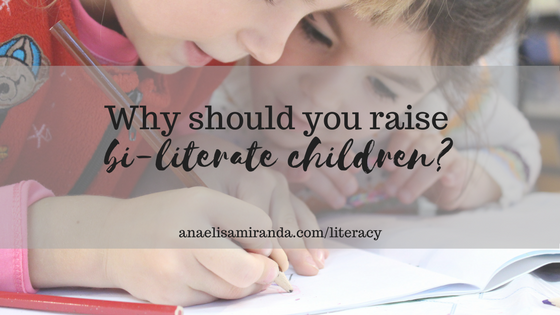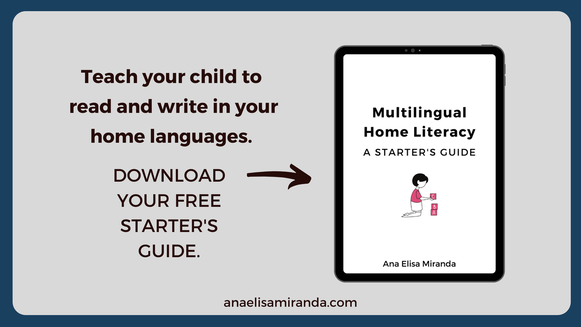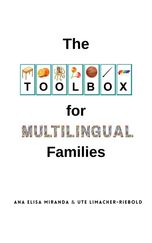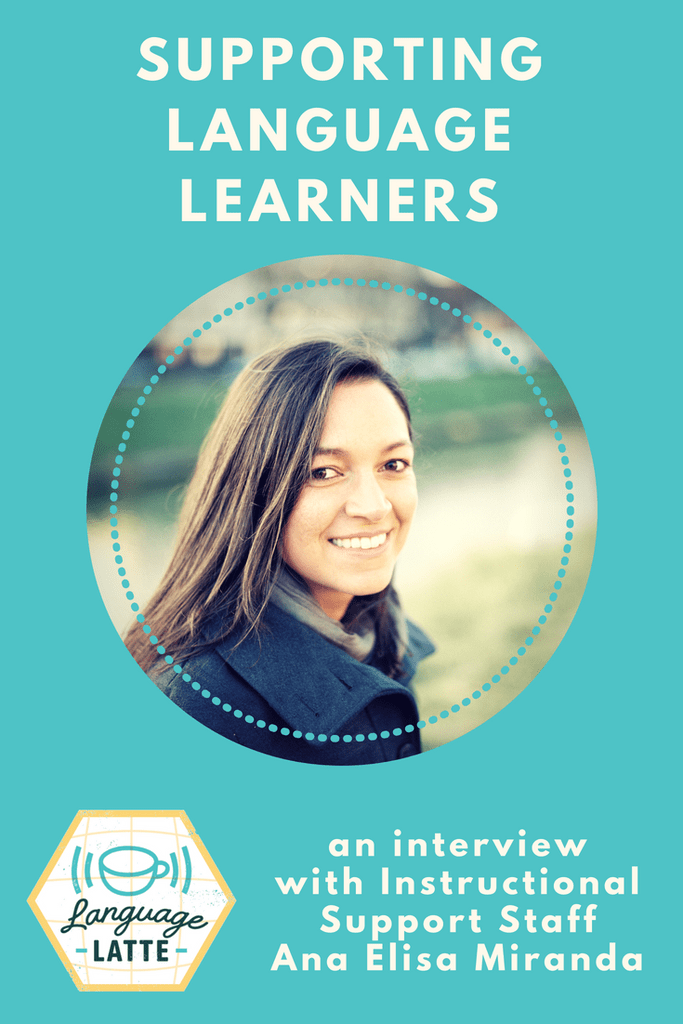When you look at your little one today it might be difficult to imagine them growing up. Heck, you might even refuse to do it. Time flies and they grow up so fast, you just want to enjoy every moment of every phase.
But bear with me for a moment. Look into your future. How do you see your family? What do your children do as they grow up? How do you want to feel as you look back?
Multilingual families have important choices to make regarding their language goals and priorities. There are so many different settings and factors that play a role in those choices (feel free to share yours!) but today we’ll talk about raising your children literate in the minority language. Have you thought about it?
Many parents are either afraid of confusing their child or believe they’ll just pick it up later. And so, many bilingual children are not literate in one of their mother tongues, which is a pity.
In your ideal future, do your children master all their languages' skills? Or are they able to speak, but not write? Where are they going to college? Are they glad they'd learned it early or are they struggling?
Young children are incredible learners. All they need is time, consistency and someone who’s there for them. You can teach your child to read!
By learning to read and write well in English (or any other minority language) they will, in the short run:
★ Have a deeper connection to your culture;
★ Enjoy your favorite childhood stories with you;
★ Develop their sense of identity as a multilingual person;
★ Grow their vocabulary, comprehension and expression skills;
★ Be able to access and appreciate a wider variety of content;
★ Develop a higher awareness of how languages work;
On top of that, they are more likely to experience academic and professional success in the long run. It’s an open world of opportunities, connection and identity that starts with your choice and commitment.
What’s holding you back?
★★★






